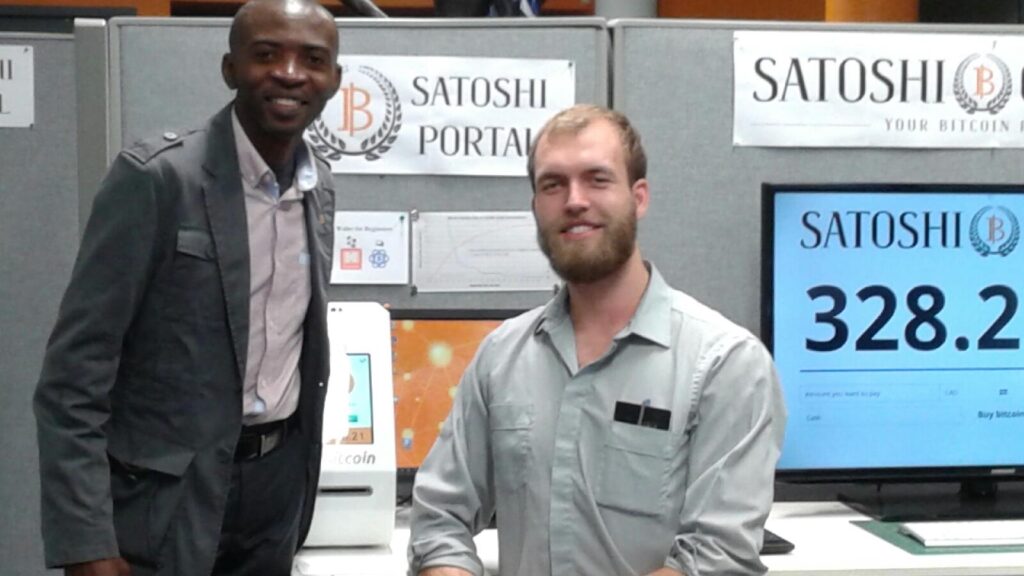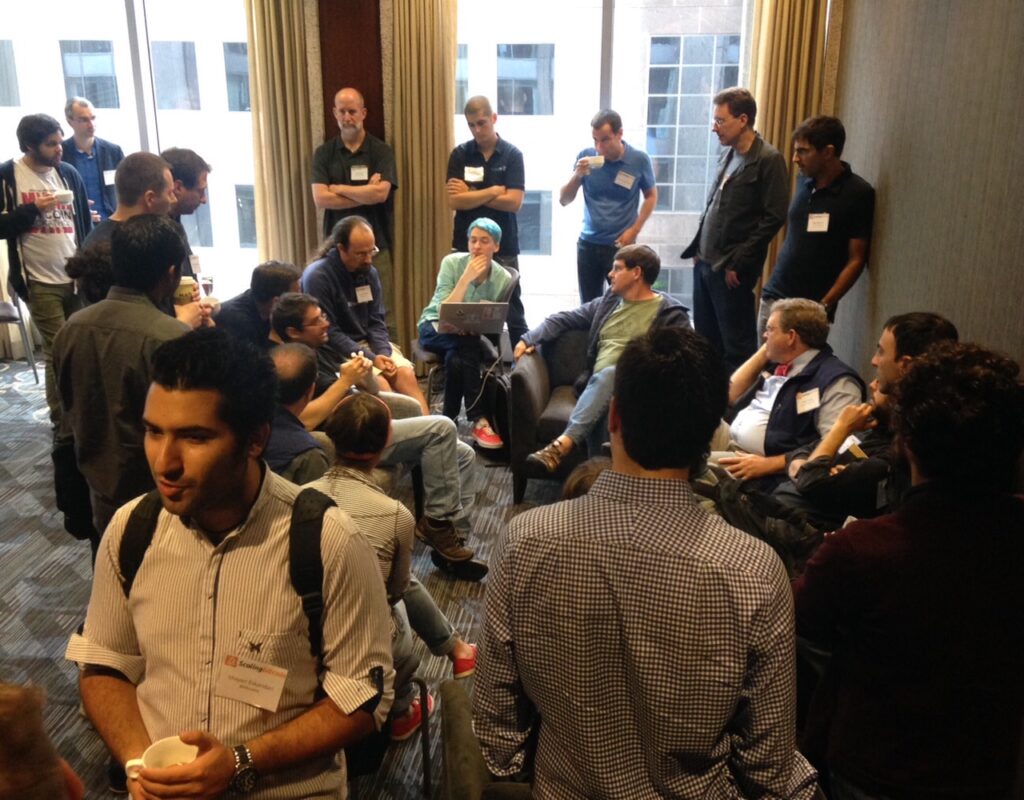This is the first time I have written on bitcoin in a considerable amount of time. However, my views on this technology have changed considerably since I first heard about it in 2012, and so I will explain how my understanding of it has evolved.
When I was first learning about bitcoin, my understanding of it was that it was destined to become a payment layer that would rival national currencies. I thought bitcoin allowed a person to sever their ties to the national economy and live entirely on the “bitcoin standard” (as I described it in 2014). At one point, I even spoke on the idea of bitcoin “ending the nation state”.
This is not so.
Although bitcoin is indeed a new, and potentially disruptive payment mechanism, it is not meant to replace central banking any more than electronic mail has replaced postal services. Indeed, bitcoin is a technology complementary to national economies when applied effectively.
It is also important to note the relatively impersonal nature of bitcoin as compared to national currencies.
Bitcoin does not provide an “escape”, but rather, a tool to wield in the ongoing struggle between good and evil.
It is not meant for quick, small transactions, but as a medium for authorizing access to digital information. The currency unit “bitcoin” is the commodity used to redeem network resources, and without bitcoin, a user cannot timestamp information to the network in order to prove authenticity.
Here is its key use case: authentication. As the bitcoin industry continues to develop, I expect authentication services to emerge that will give a person the ability to access information instantaneously and securely from anywhere in the world using only the “turn” of their private key.
The sovereign citizen will be able to “live in the cloud” by encoding their public identification in the bitcoin blockchain. The authentication mechanism of that blockchain protocol will, in many regards, supersede that of physically-enforced regulations because the network functions independent of any single point of failure. Destroy a bitcoin node, and a multitude swarm to take its place. Similarly, destroy information hosted by the bitcoin network, and an identical backup will be downloaded instantly from the nearest service provider.
In this sense, a form of digital immortality will be possible.
I am reminded here of a 1993 academic paper by Vernor Vinge where he predicted that “large computer networks and their users will ‘wake up’ to super-human intelligence”.


And so although bitcoin in its most adolescent stages could be used to make purchases as mundane as a morning coffee (I recall paying for lunch using bitcoin numerous times in Toronto around 2014), its primary use case is monolithic, meaning that, large transactions where important information is made available to the network ought to take precedence in the development trajectory of this technology rather than conducting as many transactions as quickly as possible and with minimal fee.
Definition
monolithic – a large, impersonal social structure regarded as uniform and unmovable.
Like any other technology, bitcoin is a tool in the hands of its users. Ultimately, it is up to them how to make use of it, and whatever our intention may be when wielding that tool, expect something like bitcoin to magnify it beyond a merely human artifice.
One reply on “How My Views On Bitcoin Have Changed Since 2012”
Well spoken Travis good to see you blogging again I’d like to add that it takes more than currencies and transactions to lift a consciousness and AI could help with this as well as some individual what have you uploading of ones skills ideas and other intellectual property hope we all soon live forever also consider uploading your genetic library so maybe in a new body you can still procreate